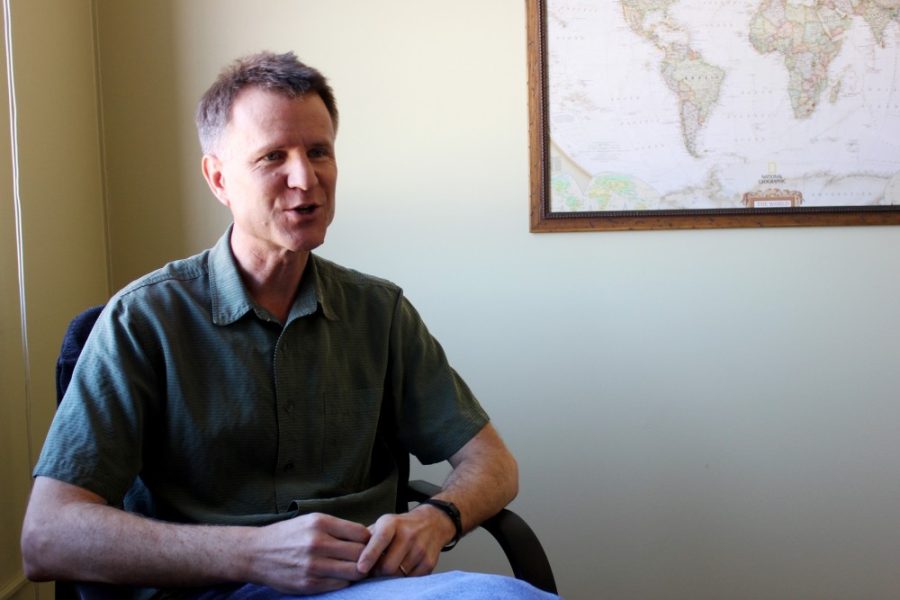As the semester kicks off, so does the second part of a collaboration between the city of Tucson and the UA that aims to gain a better understanding of poverty in Tucson and find ways to address the issue.
Students enrolled in the “Poverty in American Cities” class will spend the semester interviewing in about 250 Tucson homes in order to look more in-depth at forms of poverty. The survey — part of a year-long project between the College of Social and Behavioral Sciences and the city — will be compiled in a final report in August.
The report will include recommendations, which could lead to the implementation of programs to alleviate poverty in the city.
“In some ways, this is an ideal model and project of the kinds of things the university could be doing to enrich and improve our community,” said Lydia Breunig, director of outreach and special projects for SBS.
The project began when SBS teamed up with Tucson Mayor Jonathan Rothschild’s Commission on Poverty. The commission was created in 2012 to help find programs that can reduce poverty in the city, which is one of the highest among the nation’s large metro areas, according to Rothschild.
“I’m pretty sure bright ideas don’t solve poverty, but to bring the best minds to bear who can tell us what’s worked other places and what might work here … has got to help,” Rothschild said. “To just say, ‘You’re number six’ — it doesn’t tell you anything.”
The first part of the project involved looking at existing data for Tucson and other metro areas around the nation to get a sense of why the poverty rate is comparatively higher, as well as looking at what programs are in place in other cities to alleviate the problem, according to Lane Kenworthy, a professor of sociology and political science who is helping run the project. The information was then compiled into a preliminary report.
This semester, Kenworthy and Julia Smith, a sociology graduate student, will continue with their analysis while also working with students on surveying Tucsonans living in poverty. Students will pair up and interview families about their income, health problems, financial difficulties and a variety of other topics. When students have completed the interviews, Kenworthy and Smith will provide their own findings and recommendations to the mayor’s commission. Kenworthy added that the project is part of an ongoing national effort in 12 cities to conduct research on poverty.
John Paul Jones III, dean of SBS, said that not only does the project help reinforce collaborations between the UA and the community, it also falls in line with UA President Ann Weaver Hart’s
initiative to ensure students engage outside of the classroom.
“It’s a really great way to have that 100 percent engagement goal met at the same time as contributing to the improvement of the city,” Jones said. “It’s really hands-on, real world research that has a potential for having an impact.”
Kenworthy said that if the class were to continue in the future, it would be beneficial to study how the poverty rate does or doesn’t change over time. Whether the class continues, he said, could
depend on how it succeeds this semester.
Ultimately, Rothschild said he hopes the August report will help kick off a movement to combat poverty in Tucson.
“I don’t think it matters whether we’re sixth, eighth or 17; we need to get all ships to rise here,” Rothschild said. “I think that’s a community challenge and one this community will hopefully embrace.”








